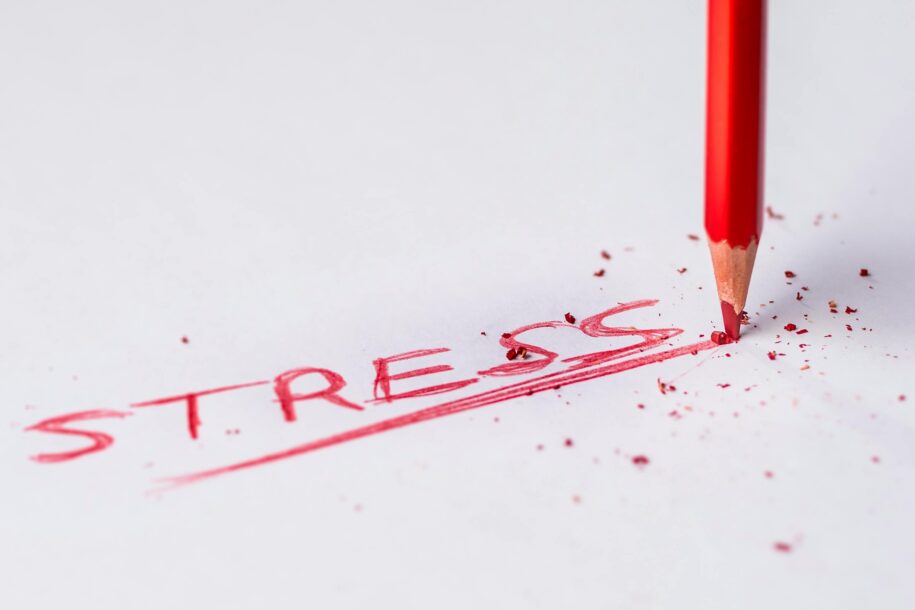Stress management techniques have become a familiar companion for many professionals in today’s fast-paced work environment. Tight deadlines, demanding projects, and constant pressure to perform can quickly take a toll on mental and physical well-being. To maintain a healthy work-life balance and stay productive, it’s crucial to embrace effective stress management techniques. Here, we’ll explore some powerful strategies you can adopt to reduce stress, boost focus, and find greater satisfaction in both your work and personal life.
1. Practice Mindfulness and Meditation
Mindfulness and meditation can have a profound impact on stress levels. Taking just five to ten minutes daily to focus on breathing and clear your mind can help lower cortisol (the stress hormone) and improve your resilience against daily pressures. Apps like Headspace or Calm offer guided meditations that are easy to incorporate into a busy schedule. Even a few minutes of mindful breathing during a stressful workday can make a noticeable difference.
2. Set Clear Boundaries
One of the leading causes of stress is the blurring of boundaries between work and personal life, especially in remote work setups. Establishing a clear start and end time to your workday helps signal your brain when it’s time to be in work mode and when to relax. Stick to these boundaries as much as possible, avoiding work emails or tasks after hours to prevent burnout. This helps maintain mental clarity and recharge your energy for the following day.
3. Break Tasks into Smaller Steps
Large projects can feel overwhelming, leading to procrastination and increased stress. A helpful stress management technique is breaking down these projects into smaller, manageable tasks. This approach gives you a clear path forward and a sense of accomplishment as you complete each step, reducing the anxiety associated with large, looming deadlines.
4. Incorporate Physical Activity
Exercise is an excellent outlet for stress relief. Physical activity releases endorphins, which are natural mood lifters. Even a 10-minute walk can improve your mood, help clear your mind, and improve your ability to manage stress. Consider taking brief walks during your lunch break or trying a morning or evening workout to keep your body and mind in peak condition.
5. Leverage the Power of Organization
Disorganization can quickly lead to chaos, making it harder to focus and manage stress effectively. Try using digital tools like Trello, Asana, or a simple to-do list to keep track of your tasks. Maintaining a tidy workspace can also make you feel more in control, which helps reduce stress and improve productivity.
6. Communicate and Seek Support
Sometimes, stress is amplified when you feel isolated or unsupported in your role. Open communication with colleagues or supervisors can make a difference. Sharing your workload, discussing concerns, or asking for help on complex tasks can reduce your stress level and improve team collaboration. Additionally, many workplaces offer mental health resources or employee assistance programs that can provide added support.
7. Practice Gratitude
Gratitude is a powerful, often underutilized tool for stress management. Reflecting on what you’re grateful for can improve mental health, reduce stress, and promote a more positive outlook. Take a few moments each day to jot down three things you’re thankful for. This simple practice can help shift your focus from stress to appreciation, offering a mental reset.
8. Adopt Healthy Sleep Habits
Stress and sleep are closely connected. Stress can disrupt sleep, and poor sleep can increase stress. Establish a bedtime routine that allows you to unwind and get the recommended 7-9 hours of sleep each night. Avoiding caffeine and screen time before bed, and creating a calming environment can make falling asleep easier and improve your ability to manage stress during the day.

Final Thoughts
Stress management techniques are not a one-size-fits-all approach. Experimenting with different strategies can help you find what works best for you and gradually build a toolkit to handle stress in any situation. By prioritizing your well-being and developing effective ways to manage stress, you’ll be better equipped to handle the demands of work with resilience and confidence, ultimately enhancing both your productivity and personal satisfaction. Try Empativo to create a stress-free team!
So, what stress management technique will you try today?
